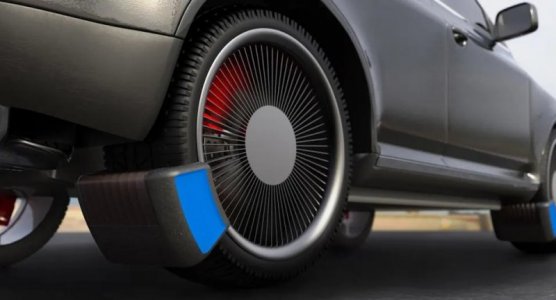bobcat
Well-known Member
- Location
- Northern Calif
I wouldn't be surprised if potential EV buyers are holding off for another year or two to jump in. The range of EV's, because of new battery technology, is set to double very soon. A few will already reach 700 miles between charges, and charge times will also reduce. Prices will also be coming down as well. I think it would benefit one to wait, instead of settling for something half as good.



